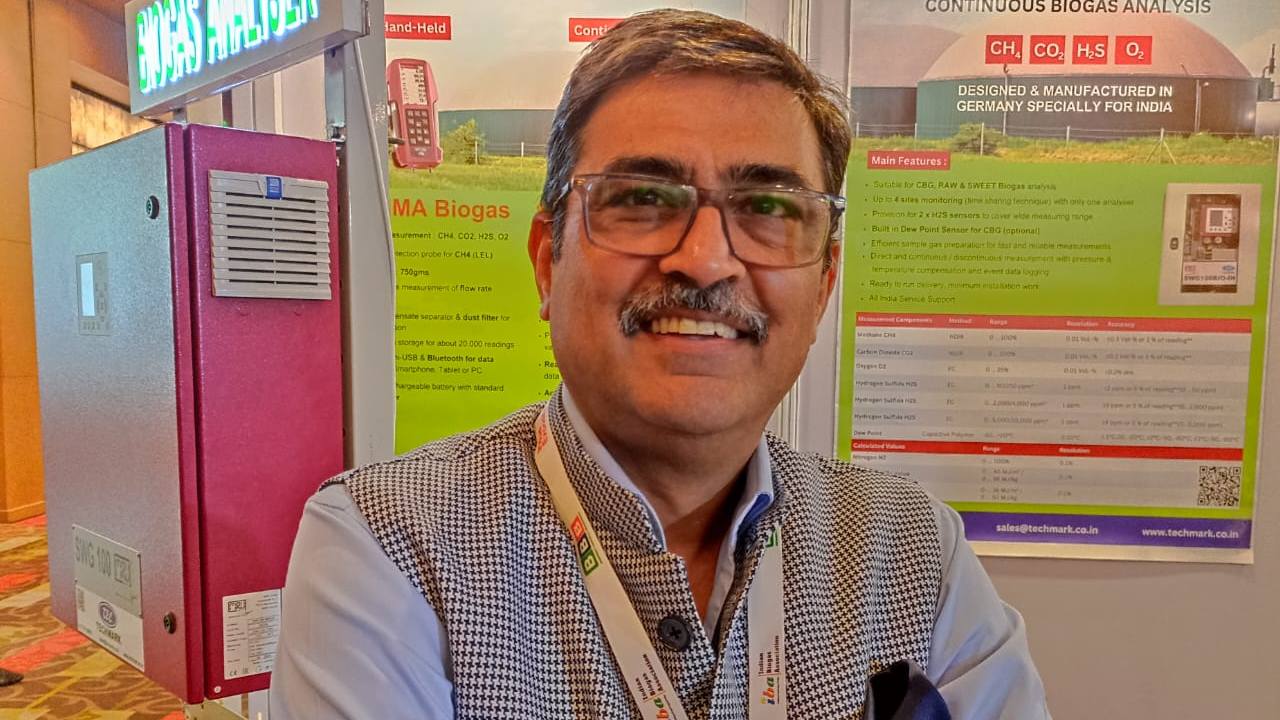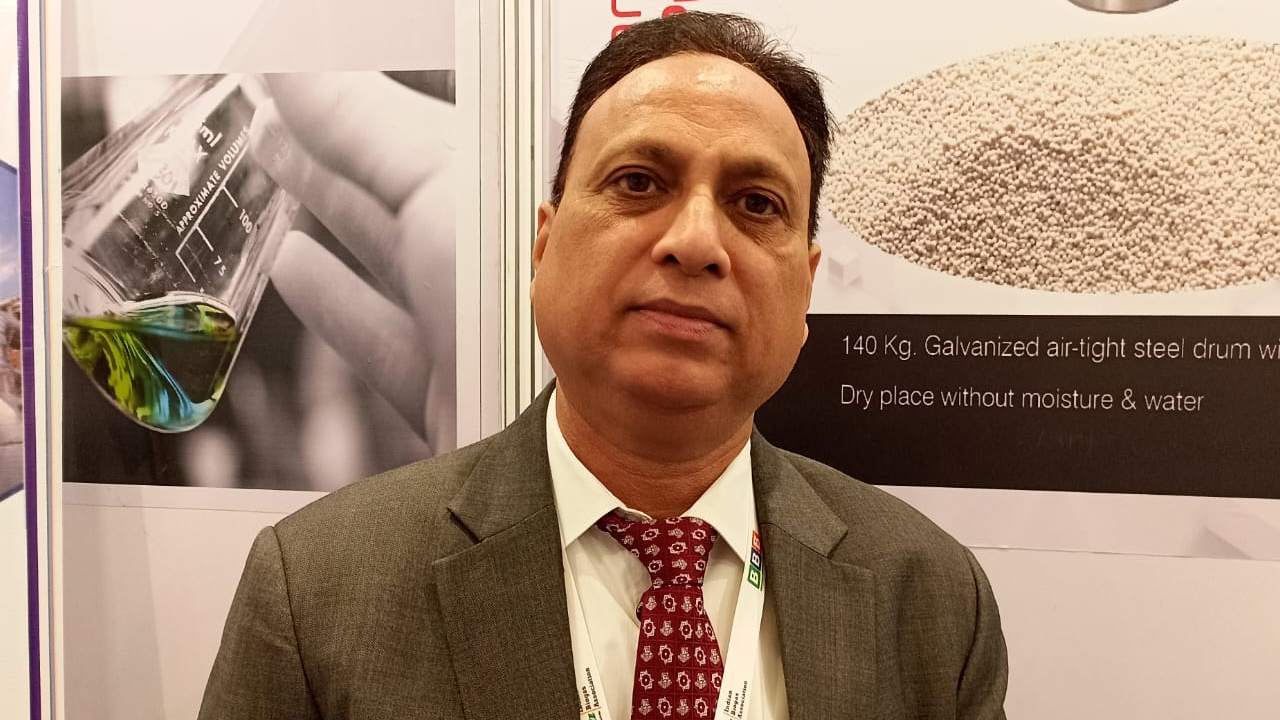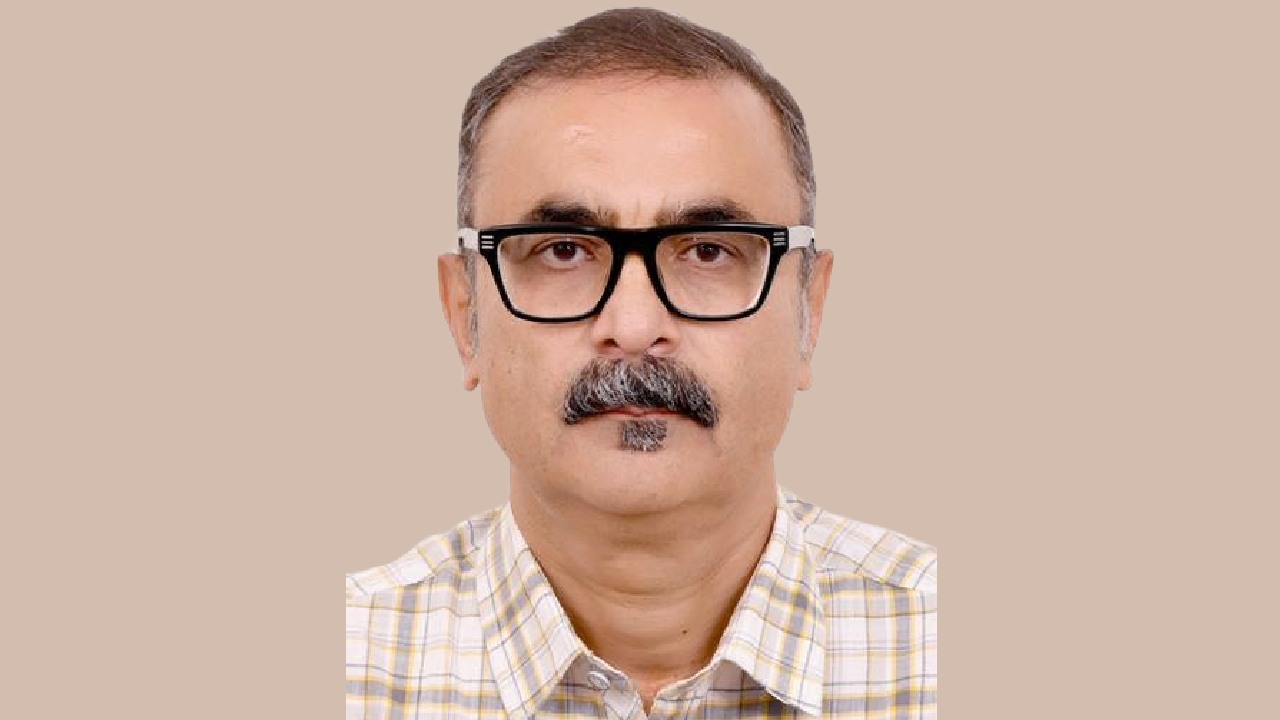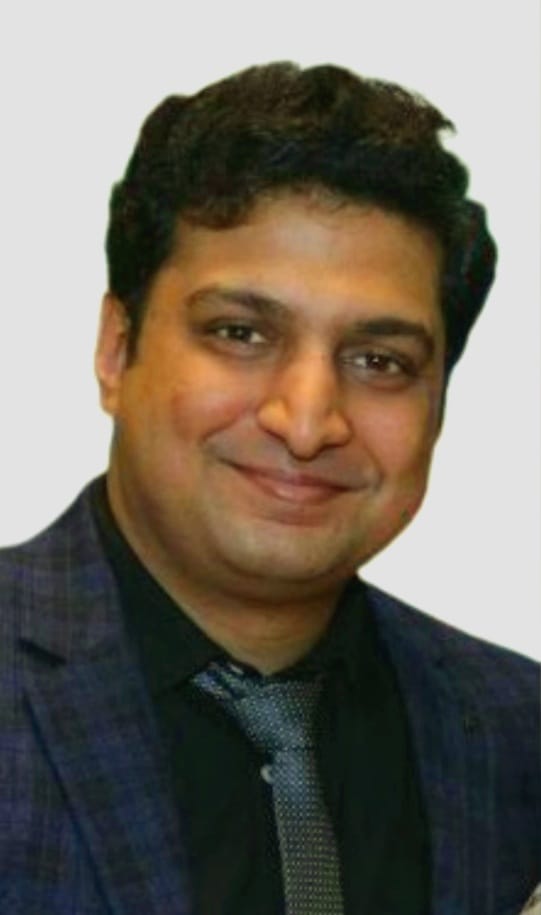World No Tobacco Day, celebrated annually on May 31st, emphasizes the grave health and environmental repercussions of tobacco usage. As a global rallying cry, it prompts individuals to kick the habit and coerces governments for stringent tobacco control measures. The initiative heightens understanding regarding the multitude of illnesses associated with tobacco, ranging from cancer to respiratory conditions, as well as the ecological harm stemming from tobacco cultivation and waste. Through fostering education and support systems, World No Tobacco Day aims to alleviate the worldwide burden of tobacco, ultimately striving for a healthier, smoke-free future for all.
According to the Indian Council of Medical Research (ICMR), tobacco consumption stands as the primary cause of 27% of cancers in India. In Rajasthan, half of all cancer patients admitted to hospitals are tobacco users. Despite the dire health consequences, India holds the unenviable position of second place globally for tobacco usage, resulting in one million adult deaths annually due to tobacco-related illnesses. Cancer specialists emphasize that tobacco users frequently suffer from various forms of cancer, notably head and neck cancer. Consequently, cancer hospitals have established Psycho-Oncology departments to assist cancer patients and their families in coping with emotional distress and alleviating fear. These experts enhance the overall quality of life for cancer patients.
In an exclusive conversation with senior journalist P. Srinivasan, representing The Interview World, Dr. Priyasi Surolia, a Psycho Oncologist at Bhagwan Mahaveer Cancer Hospital & Research Centre (BMCHRC) in Jaipur, sheds light on the mental health hurdles confronted by cancer patients and their families. She underscores her role in aiding cancer patients to overcome tobacco addiction. Here are the key insights from her interview.
Q: How can healthcare professionals effectively support patients who have developed cancer as a result of tobacco consumption?
A: Our primary mission revolves around offering robust mental support to cancer patients and their families, who often find themselves reeling from the diagnosis. Upon discovering any tobacco usage by the patient, we promptly engage in counselling sessions aimed at facilitating the cessation of this harmful habit.
Q: Which strategies or channels effectively connect with tobacco users seeking to quit?
A: The Fagerstrom test evaluates both the physical and psychological dependence on nicotine. It involves asking 5-6 questions to assess the extent of dependency. Based on the results, appropriate treatment is determined, addressing either physical, psychological, or both aspects as required.
Q: How do you effectively assist individuals struggling with tobacco addiction to quit this harmful habit?
A: I employ psychotherapeutic techniques, engaging in personal interactions to comprehend the underlying motivations behind tobacco consumption. Subsequently, I extend assistance in navigating and overcoming these challenges, fostering behavioral change. My approach involves counselling sessions coupled with diligent follow-ups for one year.
Q: How do tobacco addicts justify their continued use despite awareness of its harmful effects?
A: Quitting tobacco addiction poses a significant challenge. Upon interacting with tobacco addicts, it became evident that several factors drive this habit. Primarily, individuals resort to tobacco as an effective means to relieve constipation. Moreover, social obligations and the desire to alleviate tension contribute to its allure. Additionally, for some, it serves as a status symbol. These varied reasons underscore the complexity of overcoming tobacco addiction.
Q: How do withdrawal symptoms manifest when quitting tobacco?
A: Withdrawal symptoms encompass sleeplessness, irritation, lethargy, headache, constipation, stress, and more. However, psychotherapy offers relief for these symptoms.
Q: What is the rate of successful cessation or relapse among individuals struggling with addiction?
A: Psychotherapy and counselling typically aim to facilitate tobacco addiction cessation, with quit rates ranging between 35% and 58%. However, at the tobacco cessation center at BMCHRC, the quit rate soars to an astonishing 98.97%. This exceptional success underscores the effectiveness of the center’s approach in helping individuals break free from tobacco dependency.
Q: What factors contribute to the high quit rate in your cessation center?
A: Following counselling sessions with the patient and their family, a rigorous follow-up regimen continues for a year. It commences promptly at 7 days, followed by subsequent checks at 15 days, 1 month, 4 to 6 weeks, 6 weeks to 3 months, 3-6 months, 6-9 months, and culminating at 9-12 months. This consistent monitoring significantly enhances the rate of successful cessation.
Q: What empirical evidence exists to validate the reported high cessation rate?
A: Certainly, a comprehensive research initiative was undertaken at the Tobacco Cessation Center of BMCHRH spanning from February 2019 to January 2024. The study encompassed 878 cancer patients and their families who were tobacco users. Originating from diverse regions including Rajasthan, Haryana, Uttar Pradesh, Bihar, Gujarat, Nepal, and West Bengal, the participants were predominantly aged between 35 and 55, constituting 50% of the cohort.
Primarily indulging in tobacco consumption through smoking, which encompassed cigarettes, bidis, hookah, and similar means, these patients manifested various forms of cancer. Notably, 57% were afflicted with oral cancer, while 16% battled thoracic cancer, with the remainder diagnosed with cancer affecting different anatomical sites.
Throughout the research period, these patients underwent psychotherapy interventions. The outcome yielded an impressive quit rate of 98.97%, signifying the efficacy of the psychotherapeutic approach in facilitating tobacco cessation among cancer patients and their families.
Q: Does every cancer hospital offer this department?
A: In India, collaboration of psycho oncology departments within major hospitals has become widespread, with Rajasthan also witnessing the emergence of such specialized units. These departments play a pivotal role in addressing the multifaceted emotional challenges that accompany a cancer diagnosis. Following the news of cancer, patients often find themselves navigating a maze of fear, uncertainty, and social stigma. By providing tailored support and therapeutic interventions, psycho oncology teams empower patients to cope with their emotional distress, fostering resilience and enhancing overall well-being. Thus, the expansion of these departments signifies a crucial step towards comprehensive cancer care in the Indian healthcare landscape.








